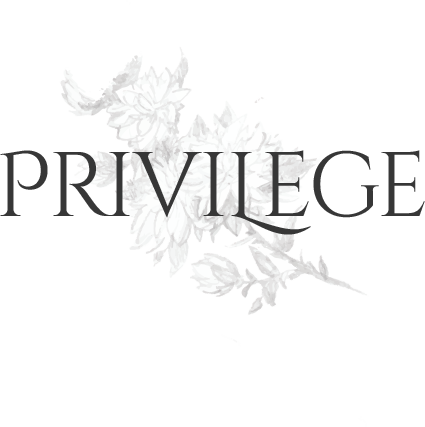Julia, the trenchant (big word of the day) bride of DJ and the Remix and EAD, sent me a link to this Atlantic article, written by Sandra Tsing Loh. I really appreciate Julia’s thoughtfulness in sending it along. The occasion is the 25th anniversary of a book by Paul Fussell called Class: A Guide Through the American Status System, but Tsing Loh goes on to discuss the way in which the creative class has replaced old money at the top of the social hierarchy, the new ways in which this class signals how cool they are, and the possible effects of the current recession.
While I hate to think that what feels to me like confessions of my inner psychic structure are in fact naught but data points in a longitudinal study of class in America, I have to concede that I am not uncovering new territory here. By any means. So I plan to read this book. And some other books that people have recommended. If the books bring insight to what I have experienced, I will share. For now, this is what Tsing Loh says of Fussell’s work.
“Back in 1983, Fussell—author of the renowned book The Great War and Modern Memory—argued that although Americans loathe discussing social class, this relatively new, rugged country of ours did indeed have a British-style class system, if less defined by money than by that elusive quality called taste. To be sure, Fussell’s universe is somewhat passé, in that its population is almost exclusively white (with the Mafia thrown in for color), and the three “classes” in his opening primer conform to clichés we might think of as Old-Money Wasp, Midwestern Insurance Salesman, and Southern Trailer Trash. The top classes, according to Fussell (with a hint of Nancy Mitford), drink Scotch on the rocks in a tumbler decorated with sailboats and say “Grandfather died”; Middles say “Martooni” and “Grandma passed away”; Proles drink domestic beer in a can and say “Uncle was taken to Jesus.””
It’s pretty funny, in the way that apt social commentary can be. Racy even. But it seems to me to leave something out. One’s relationship to one’s social class, or even to the question of whether one accepts the notion of being in a social class, can stir matters of the heart. It’s not all about the tumblers. And for the record, my family had nautical imagery only on some china, and the drink of choice was gin. But that’s the silly part of all this. I am, of course, rather fond of silly.

3 Responses
“…to discuss the way in which the creative class has replaced old money at the top of the social hierarchy, the new ways in which this class signals how cool they are, and the possible effects of the current recession.”
i’m british and have been brought up believing this. just look at jo woods’ house-
http://property.timesonline.co.uk/tol/life_and_style/property/interiors/article6009030.ece
I agree. I spent all my summers in Scotland and have a Scottish mother and British hierarchy hasn’t been defined by money since the middle ages. Money is nice and is often attached but there, as here, then as now, money doesn’t make you posh, nor does it make you a wasp. Also you can be very posh and very waspy and not really have much money at all. I still know quite nice people who hiss ‘nouveau riche’ through their teeth at people with more money. Money they made themselves.
I had to click on the definition, shame! But thank you.
I had a thought about this – we think of money as something anyone can acquire (not true) and creativity as something you are born having or not (debatably true). I wonder if it’s just a different definition of the same thing, but nicely omitting mention of the money?